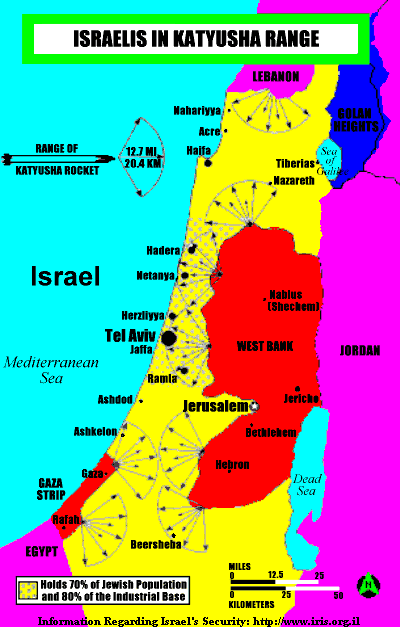What's the difference between chametz and matzah?
Don't all answer at once.
Seriously, bear with me here. What's the basic, chemical, cookbook-recipe difference between chametz and matzah?
Simple. To make chametz, just mix flour and water and leave the dough alone. After a modest amount of time (halachically, we assume 18 minutes), the dough will begin to ferment as invisible yeast cells found naturally in the environment get to work on it. The surface starts to glisten and crack. Voila, chametz! (Interestingly,
the first recorded evidence of leavened bread comes from ancient Egypt.)
To make matzah, bake the dough thoroughly before it has time to ferment.
Chametz, then, is the natural end result of the process begun when flour and water are mixed. Flour + water + time = chametz.
Matzah, on the other hand, is the result of a deliberate intervention to prevent the fermentation process from developing.
If you've ever visited a matzah bakery, you know how much easier it is to produce chametz than matzah. Chametz happens. Matzah must be made. The natural progression of dough into chametz must be stopped.
We can see this intervention into the development of chametz as a metaphor for divine intervention into history. The midrash famously describes the Israelites in Egypt as having descended over the years of assimilation and slavery into the 49th and lowest level of
tumah (impurity or depravity); any longer and they would have been beyond redemption. So God intervened, taking them out of Egypt so they could be rededicated to His service.
The flour of Israel had spent a dangerously long time fermenting among the waters of Egypt. It had to bake in the fiery desert before it irreversibly became chametz.
Or we can see the creation of matzah as a metaphor for our personal spiritual lives. It is easy for us to go with the flow, to persist in harmful patterns of behavior or life situations, even though they will naturally worsen until they cause us irreversible damage. "Baking the matzah" is intervening in our lives or those of our loved ones to fix those errors before it's too late.
You can't turn chametz back into matzah. Chametz is natural, it's easy, it requires no effort on our part to create. Only benign neglect and the passage of time.
Making matzah requires alertness, careful action, prompt intervention into a developing process. It's much harder than making chametz. It needs some assistance from heaven.
Hey, no one ever said Pesach was easy.
Update: I forgot one last point:
You can't make matzah without making dough. Matzah is not simply
non-chametz; it is
almost-chametz. Unless you start with flour and water made into dough, you can't end up with matzah any more than you can end up with chametz.
The same goes for the Israelites in Egypt. They were enslaved, both physically and spiritually. No one would have chosen their situation voluntarily and consciously. Given more time, they could have been forever doomed. Yet it is only as a result of their sojourn as slaves in Egypt that they could emerge as the newly-born nation of Israel. They could never have become matzah had they not been at palpable risk of becoming chametz.
And in many ways, that is the essence of Jewish national identity to this day. We are the anti-slaves, anti-enslavers, dissidents to tyrants throughout history. We freely worship the one God who created all men as equal reflections of his divine image. Could the Jews be who we are today had we not endured slavery ourselves?
Without the potential of chametz, you can't make matzah.

